The lab-made meat that 'could kill the EU'
Concerned at 'unintended consequences for farming' some farmers are 'turning rabid' over the rise of cultured meat
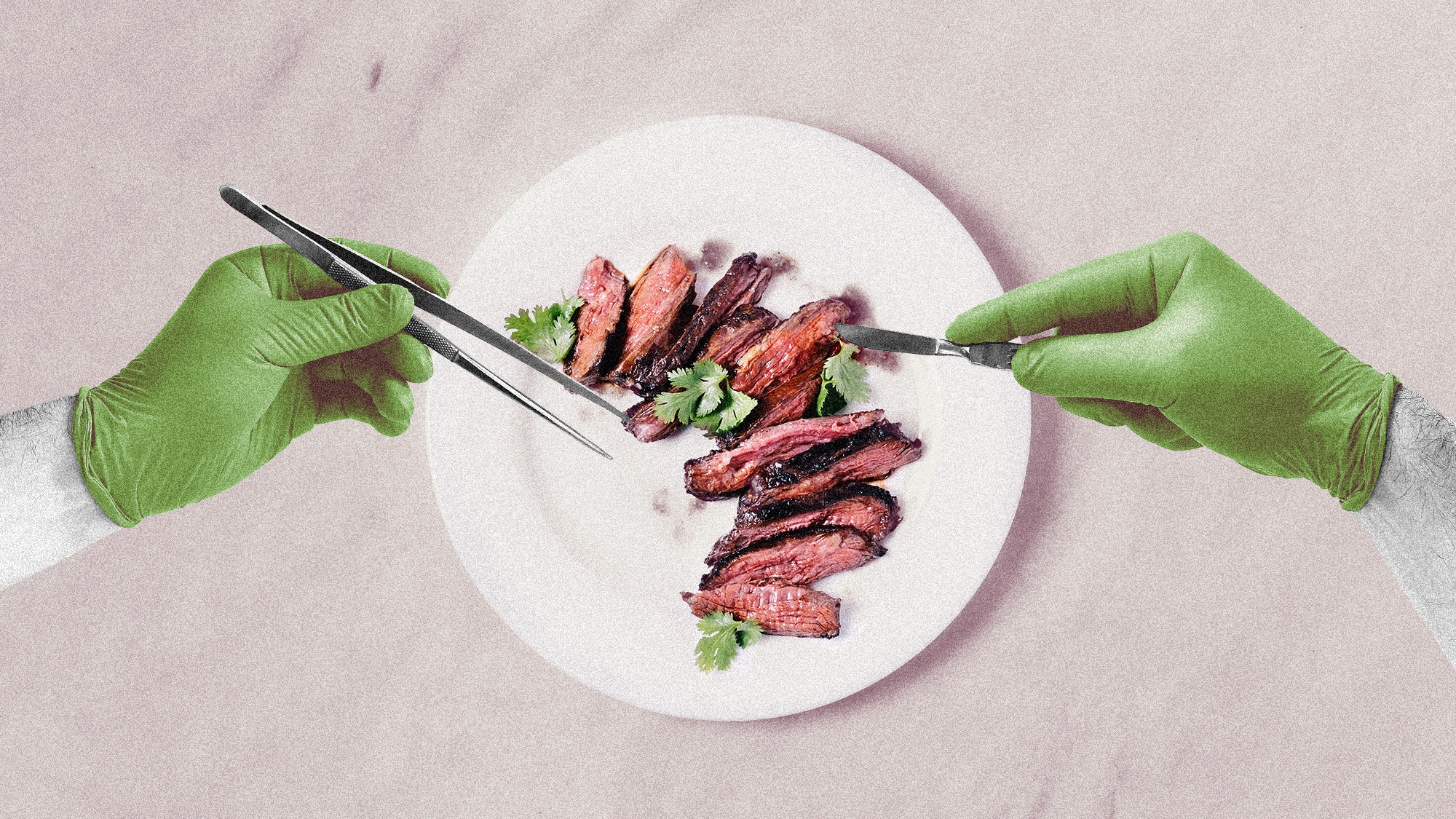
A free daily email with the biggest news stories of the day – and the best features from TheWeek.com
You are now subscribed
Your newsletter sign-up was successful
A burger made in a lab could "kill" the European Union, according to a report.
Cultivated in a Petri dish from animal cells, this type of meat is "so divisive" it "doesn't even have an agreed-upon name", said Politico, and is the subject of a "fight" at "the heart of the European project".
'Turning rabid'
Lab meat is meat grown from the cells of animals in steel tanks. Though it's known in the industry as cultivated meat, it's "sometimes called cultured meat, lab-grown meat or cell-based meat", said Associated Press.
The Week
Escape your echo chamber. Get the facts behind the news, plus analysis from multiple perspectives.

Sign up for The Week's Free Newsletters
From our morning news briefing to a weekly Good News Newsletter, get the best of The Week delivered directly to your inbox.
From our morning news briefing to a weekly Good News Newsletter, get the best of The Week delivered directly to your inbox.
With the politics of agriculture in a "particularly febrile state", this form of meat has become "the target of an almighty backlash", said Politico. It has "tweaked a raw nerve" in European agriculture because critics say it threatens the EU's Common Agricultural Policy (CAP) – a "bountiful" subsidy program that "doles out" €45bn a year in income support to farmers.
Plant-based meats and drinks are already "whittling bits off" the CAP as they "progressively trim" sales of animal meat and dairy. Farmers' unions warn that if lab-grown meat takes "another slice" the CAP would either have to "fatten its budget" which would be "politically unfeasible", or "watch livestock farms cease to be financially viable, radically transforming Europe's hinterlands", which would be "politically unpopular".
The US states of Florida and Alabama have banned development of lab-made meat products, claiming the industry threatens traditional farming. Italy has also banned it, a move seen as premature by some because lab-grown meat is not yet authorised for consumption in Europe.
According to a note that 12 governments submitted to the Council of the European Union earlier this year, lab meat represents a threat to "primary farm-based approaches and genuine food production methods that are at the very heart of the European farming model". With farming funds so pivotal to European unity, if you break the CAP, they argue, you "might just break the EU".
A free daily email with the biggest news stories of the day – and the best features from TheWeek.com
With farmers up in arms, the "war's most zealous soldier" is farmers' leader Ettore Prandini who "practically turns rabid" when he speaks about the issue. He "had to be restrained" after confronting Italian parliamentarians who were holding up signs defending lab-grown meat, and has boosted claims that "Big Pharma" is "secretly funding research on alt-proteins" to "make consumers sick" and "boost medicine sales".
The wider political rhetoric around the issue has led some commentators to believe that, just as with climate and migration, in lab meat, Europe's far-right have "found another red rag to soak up people's anger at a changing world".
And there are other pressures on the meat and dairy industry. Oatly, the plant-based milk brand, faced a four-year battle over the use of the slogan "Post Milk Generation" on its products after dairy bosses argued that it was unlawful to use the term "milk" in a trademark "in relation to products that are not mammary secretions". But High Court Judge Mr Justice Richard Smith "sided with Oatly", reported the Daily Mail.
The "steaks were high" in 2020 when the European Parliament decided meatless and plant-based products could still be called sausages, burgers and other words traditionally associated with meat, said Sky News.
'Not the enemy'
Synthetic meat "need not spell disaster to farms", according to a new study from the Royal Agricultural University. Researchers spoke to over 80 farmers and British farmers told them they did not see "alternative meat" products as a major threat.
"Sure, there was a deal of concern about how it might play out, the unintended consequences for farming", lead researcher Professor Tom MacMillan told the BBC.
"But there was a lot of curiosity to something often seen as the enemy," and farmers were "really engaged in the practical possibilities, supplying ingredients to the technology, maybe even hosting production units on their farms".
Chas Newkey-Burden has been part of The Week Digital team for more than a decade and a journalist for 25 years, starting out on the irreverent football weekly 90 Minutes, before moving to lifestyle magazines Loaded and Attitude. He was a columnist for The Big Issue and landed a world exclusive with David Beckham that became the weekly magazine’s bestselling issue. He now writes regularly for The Guardian, The Telegraph, The Independent, Metro, FourFourTwo and the i new site. He is also the author of a number of non-fiction books.
-
 How the FCC’s ‘equal time’ rule works
How the FCC’s ‘equal time’ rule worksIn the Spotlight The law is at the heart of the Colbert-CBS conflict
-
 What is the endgame in the DHS shutdown?
What is the endgame in the DHS shutdown?Today’s Big Question Democrats want to rein in ICE’s immigration crackdown
-
 ‘Poor time management isn’t just an inconvenience’
‘Poor time management isn’t just an inconvenience’Instant Opinion Opinion, comment and editorials of the day
-
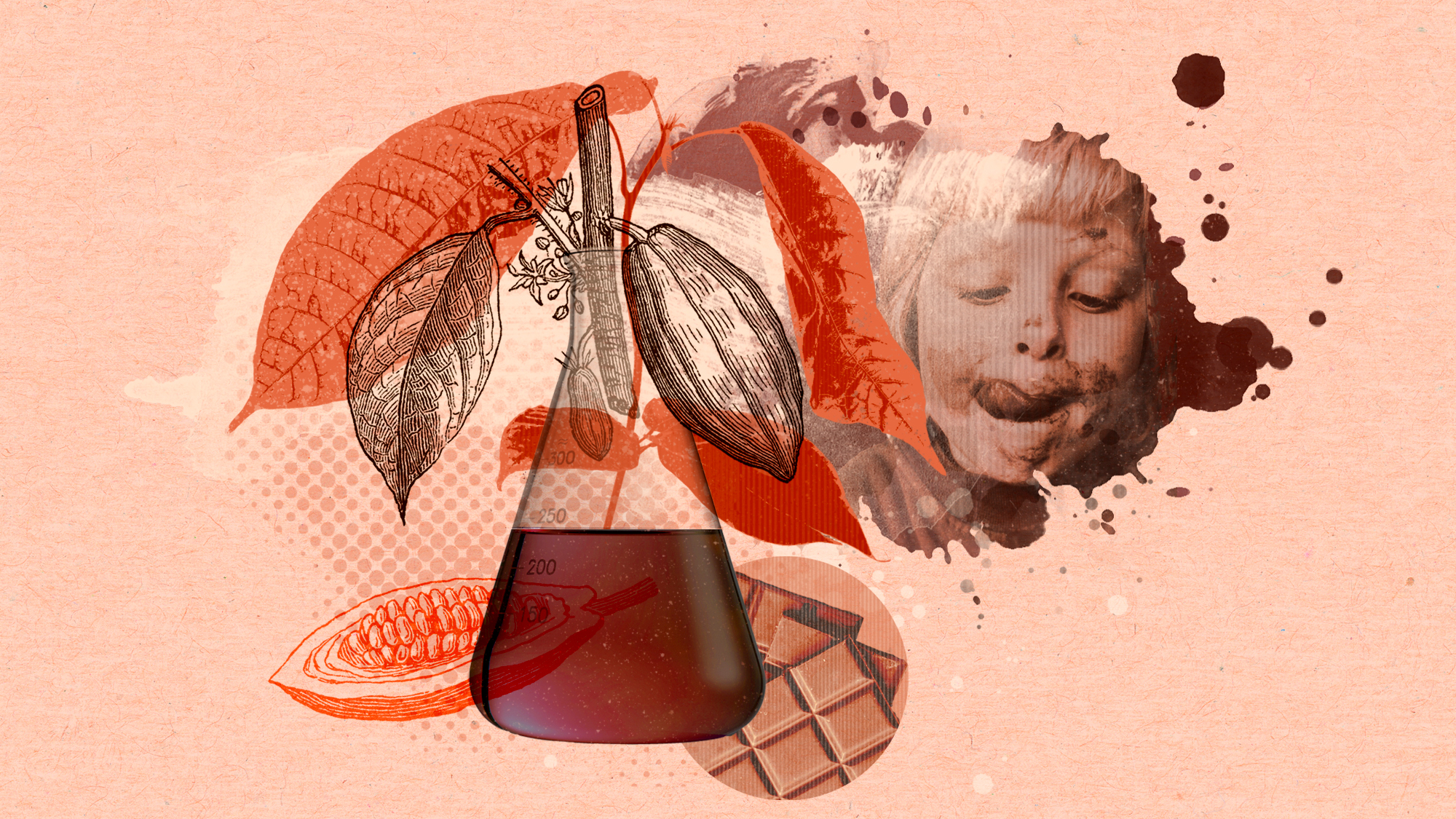 The secrets of lab-grown chocolate
The secrets of lab-grown chocolateUnder The Radar Chocolate created 'in a Petri dish' could save crisis-hit industry
-
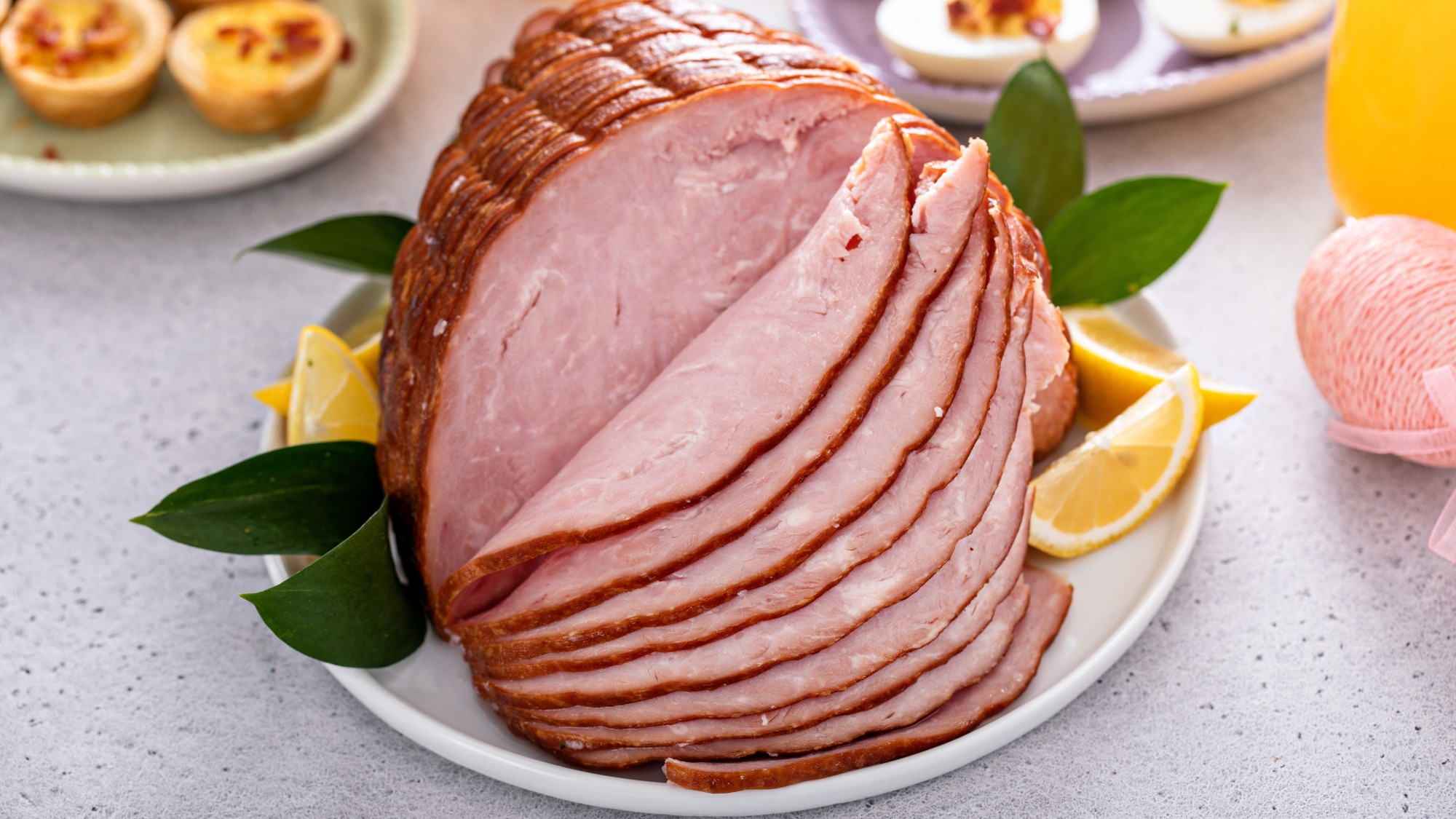 The link between meat and diabetes
The link between meat and diabetesThe Explainer Study links processed meat to the disease, but it has an 'inevitable' limitation
-
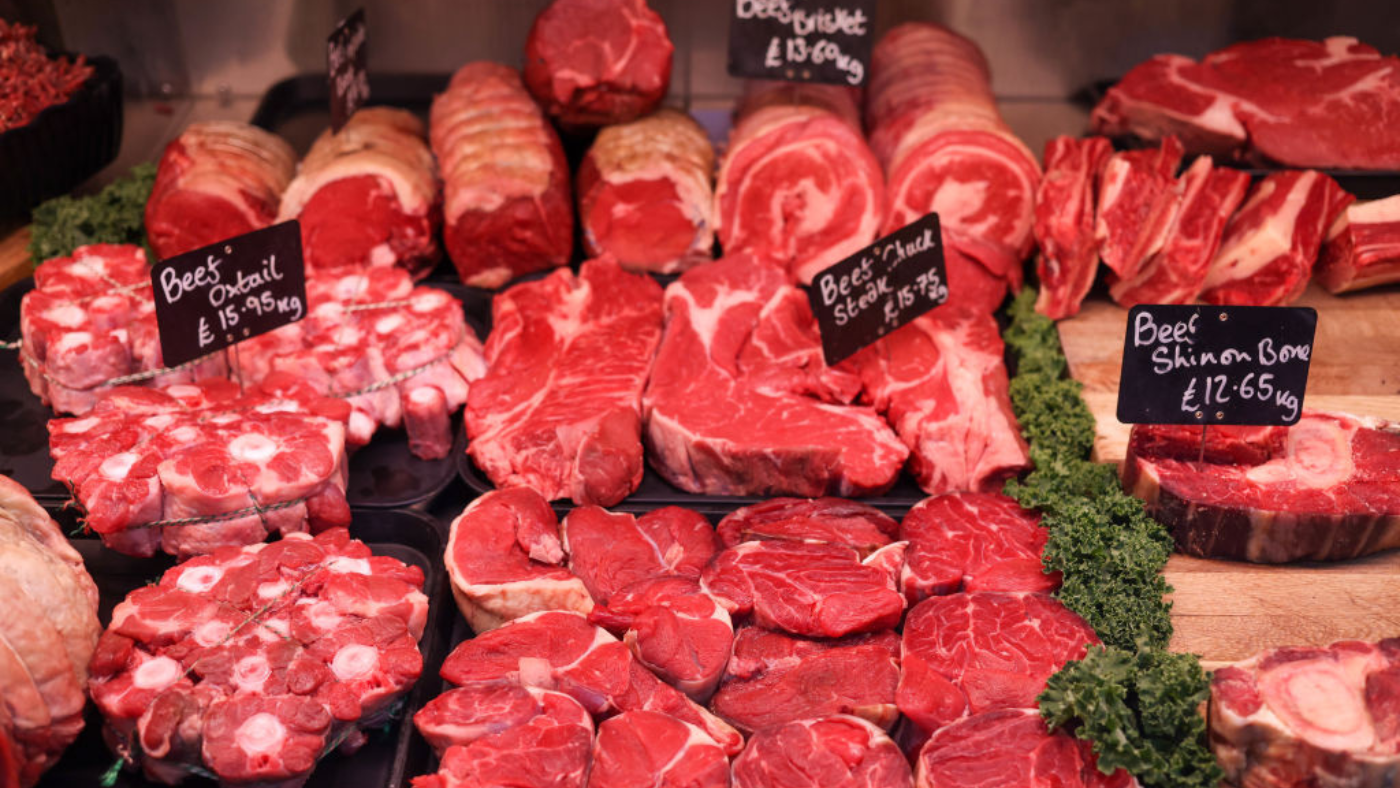 How bad for the environment is eating meat?
How bad for the environment is eating meat?In Depth Livestock farming produces 14.5% of global emissions but Britain’s farmers aim to be net zero by 2040
-
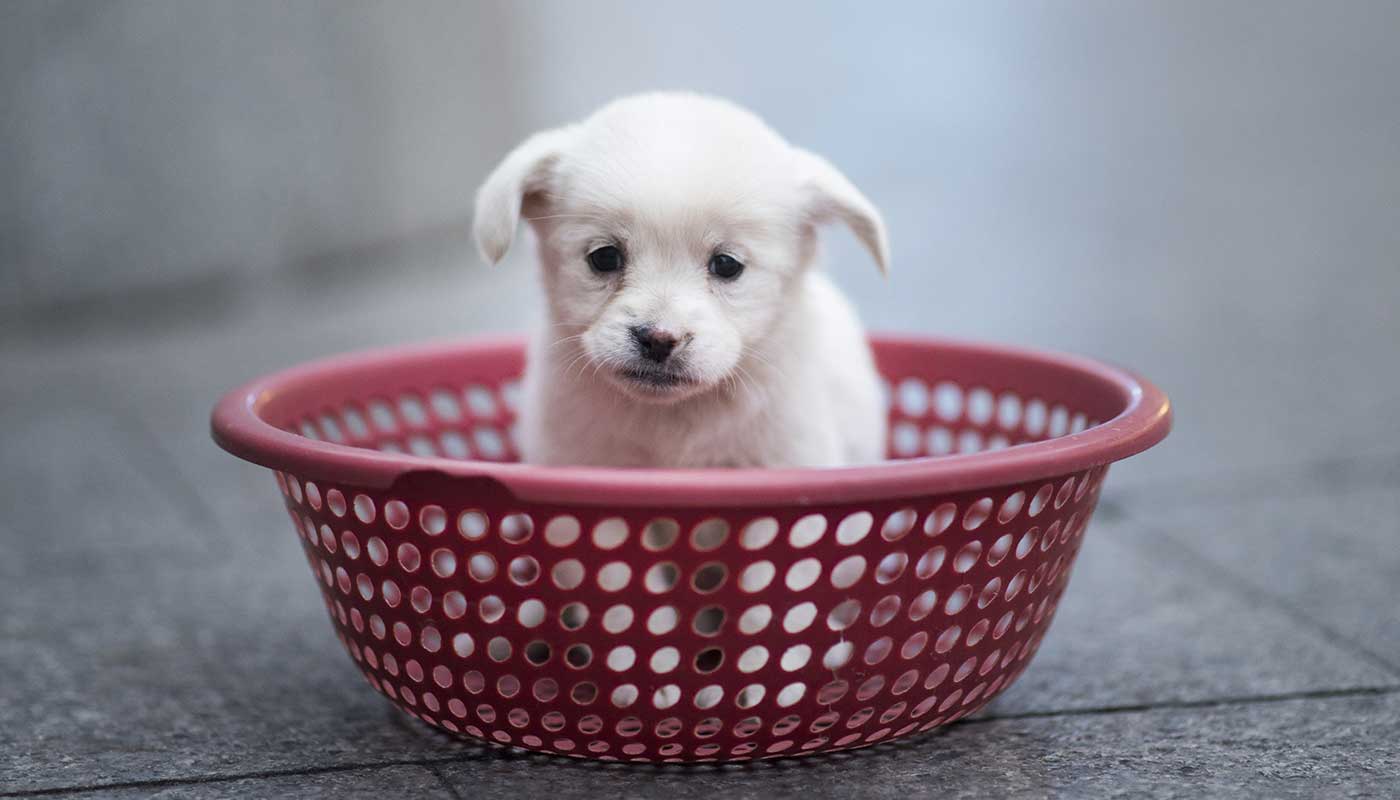 The Week Unwrapped podcast: Pet pandemic, peak meat and post-Covid gigs
The Week Unwrapped podcast: Pet pandemic, peak meat and post-Covid gigsIn Depth Are pets for life or just for lockdown? Is the world losing its taste for meat? And will concert audiences put up with being penned in?